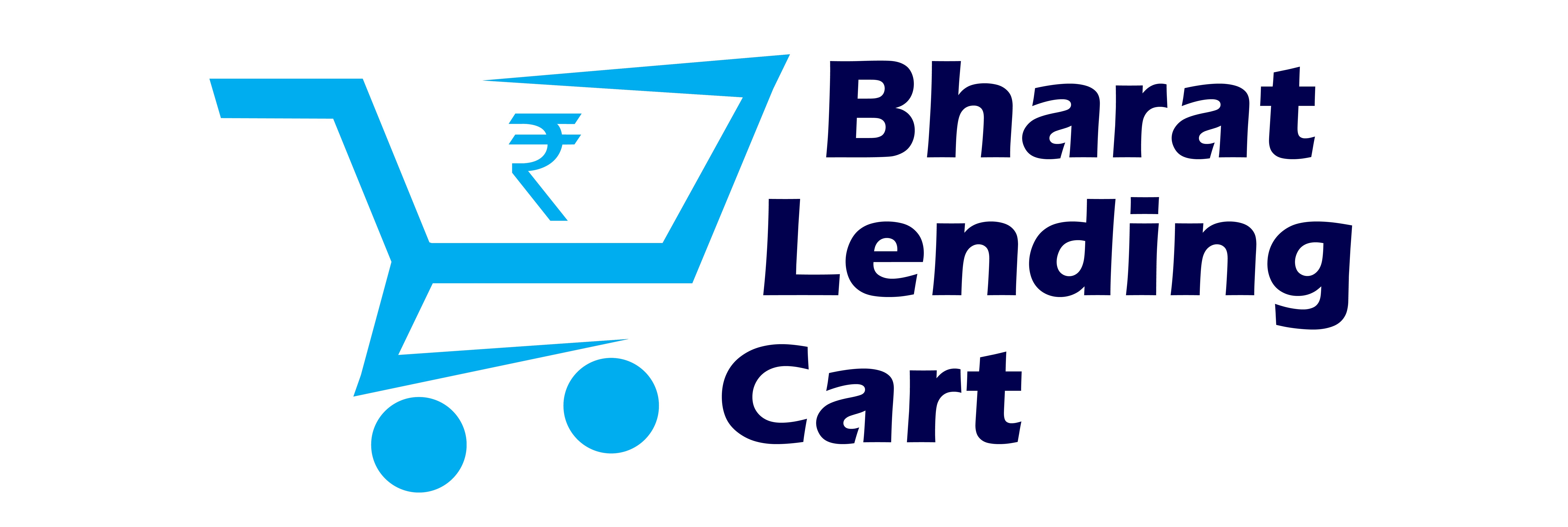Do you need to make a big purchase, such as buying a car, renovating your home, or funding your education, but don’t have the entire amount to pay upfront? In such a situation, installment loans can be the right option.
Installment loans offer the convenience of breaking down large expenses into smaller, manageable payments. From mortgages to personal loans, they help in escaping the burden of paying huge amounts in one go.
Read on to understand what exactly installment loans are and how they work.
What is an Installment Loan?
An installment loan, also referred to as an installment credit, is a type of loan where the borrowers must repay the borrowed loan amount over a fixed period through regular, equal payments. Unlike open-ended credit options such as credit cards, installment loans come with a predetermined repayment schedule that gives borrowers a clear timeline for paying off the debt.
These loans can be used for various purposes, from covering general expenses to financing specific requirements, such as buying a home or funding education. The structured nature of installment loans offers predictability, as both the loan term and the payment amounts are fixed, helping borrowers manage their finances more accurately.
How do Installment Loans work?
Through installment loans, borrowers receive a lump sum of money, which is then repaid through regular, scheduled payments called installments. Every payment is a mix of the loan’s principal amount and the interest charged, and the payments are usually made on a monthly basis. The loan has a set end date, and once all payments are made, the account is closed permanently.
An important factor in case of installment loans is the borrower’s credit score. Lenders assess your creditworthiness when offering these loans, which can impact both the interest rate and the loan terms. Borrowers with a good credit score may secure lower interest rates, while those with less favorable credit scores could face higher charges.
Types of Installment Loans
Below are some of the most common types of personal loans:
1. Personal Loans
Personal loans are versatile in nature and allow you to use the funds for various needs like debt consolidation, home or car repairs, or covering unexpected expenses. Personal loans are mostly unsecured, meaning you don’t need to provide collateral. These loans come with a fixed interest rate and repayment schedule, making them easy to plan for.
2. Auto Loans
An auto loan helps in financing the purchase of a new or used vehicle. Auto loans are usually secured, meaning the car itself serves as collateral. These loans generally have fixed interest rates and repayment periods that can range from two to seven years. If the borrower fails to make timely payments, possibly leading to defaulting on the loan, the lender can repossess the car.
3. Home Loans
Home loans are long-term installment loans that are used to purchase homes. The house itself acts as collateral, making the loan secured. These loans come with longer repayment terms, ranging from 15 to 30 years. There are various types of home loans, each for different financial situations, but the goal remains the same: to make home ownership more achievable.
4. Student Loans
Student loans are designed to help cover educational expenses such as university fees, books, and living expenses. These are unsecured loans where you do not need to pledge collateral. One key benefit of student loans is that repayment usually starts after the borrower finishes their education.
5. Buy-Now, Pay-Later Loans
These loans allow consumers to purchase items immediately and repay the amount in equal installments over a short period, often with no interest if payments are made on time. They are popular for small purchases, such as electronics or furniture, and can be a convenient way to manage cash flow.




